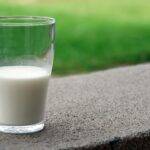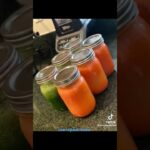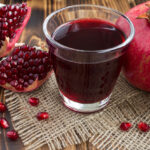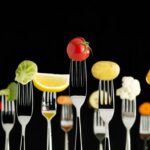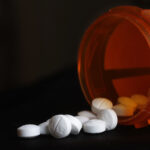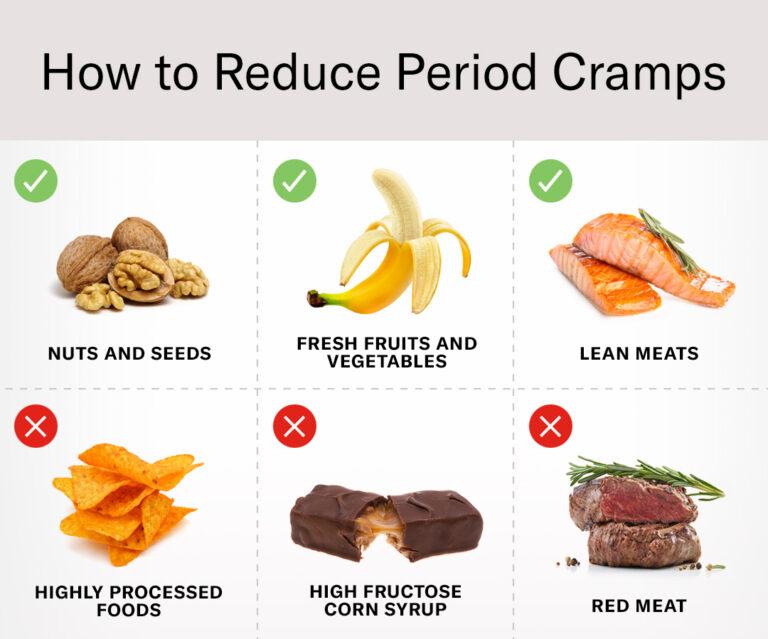January offers a bounty for purveyors of snake oil. In the wake of holiday season excesses, a slew of detox diets, immune-boosting concoctions and an avalanche of dubious supplements emerge to profit on our insecurities. Across social media, influencers and celebrities push a litany of miraculous medicines—to our collective detriment. A glance at the lack of evidence for these nostrums should be a warning to steer clear when the modern-day mountebanks start shilling miracle cures directly through your social media feed. Breathless promotion of detox regimes and cleanses offer a case in point. Amorphously adorning the marketing of everything from juicing diets to elaborate footbaths is the false assertion that our bodies are helpless sponges that ceaselessly accumulate toxins, which must be periodically expelled by expensive pills, branded olive oil or colon cleansing. This is utter nonsense—our liver, kidneys and lungs filter actual toxins constantly and admirably. Tellingly, those pushing detox products rarely bother to specify the supposed toxin their wares reputedly banish. “‘Detox’ as used in product marketing is a myth,” concluded a damning 2017 report from the U.K. charity Sense about Science’s Voice of Young Science network. “Many of the claims about how the body works were wrong and some were even dangerous.” Even so, the demand for detox products and cleanses grows apace, with detox drinks alone constituting a $5-billion market. More ubiquitous still is a deluge of products that promise to boost our immune systems. These products, found in myriad forms from wondrous elixirs to ostensible “superfoods” to expensive supplements, command a growing market of $55 billion. They all purport to unlock the immune system and repel illnesses. But the immune system is an intricate, complex system. It is not a simple dial we can mindlessly twist upward but an interplay of many different cell types and mechanisms. Products claiming to boost immunity conveniently obfuscate which parts they supposedly modulate. They avoid clarity, too, about why that might be beneficial, rendering their promises vague and nonsensical. While factors such as malnutrition, stress, sleep impairment and aging can decrease immunity, they are not easily reversed by juicing diets, healing crystals or influencer-endorsed pills. Despite the relentless appetite for immune-boosting panaceas, there is scant evidence that these products work, nor plausible biological rationales for how they would. And even if we could directly boost our immune response, this would come with serious repercussions. Overactive immune systems tend to attack healthy tissue with profoundly deleterious effects, as sufferers of autoimmune disorders ranging from lupus to multiple sclerosis can attest. Allergies, too, result from a hyperactive immune system overreacting to benign substances. Many symptoms we associate with illness, such as fever, are immune responses to invading pathogens, and an immune overaction can be dangerous. The 1918 pandemic flu was especially deadly to young, otherwise healthy adults precisely because it triggered a cytokine storm: the excessive, uncontrolled release of proinflammatory signaling molecules. This overreaction of strong immune systems underpinned the pandemic’s staggering mortality for younger adults. It is thus arguably a hidden blessing that the nostrums peddled by influencers do not “boost” our immune system. Nevertheless, hype over supplements remains widespread, beloved by everyone from Silicon Valley tech bros consuming unproven supplements with gusto to reach “peak performance” to bespoke blends from “girlboss” bloggers. Despite the tens of tens of billions of dollars spent on supplements annually, decades of data tell the same story—for nonpregnant people with no diagnosed deficiency, there are simply no known benefits to supplementation, and there is even evidence of harm from overexposure to vitamin A and vitamin E. Such stark conclusions fly in the face of conventional wisdom, but this is not especially surprising. In the early 1970s, two-time Nobel Prize–winning chemist Linus Pauling claimed that vitamin C could cure the common cold. Ignoring protests from other scientists, Pauling’s popular books sparked a public love affair with vitamin pills. The fact that vitamin C had no effect on the magnitude or severity of colds proved no impediment to it exploding in popularity, filling pharmacy shelves even today. A deficit of evidence did nothing to dampen Pauling’s enthusiasm, and he later wrongly heralded vitamin C as a cure for cancer and AIDS. More recently, vitamin D was heralded as a panacea for everything from cancer to cardiovascular disease—claims that were drastically overhyped and ultimately signified nothing. Like Pauling, the influencers of Instagram and TikTok similarly ignore such evidence, pushing signature supplement blends to massive audiences. Such branded multivitamin mixtures are extremely popular, retailing for massively inflated prices. But they are completely indistinguishable from generic, cheap multivitamins available in pharmacies anywhere. Intravenous vitamin drips have soared in popularity, too, despite conferring no benefits and being linked, in some cases, to user deaths. The implied medicinal benefits of these concoctions are profoundly disingenuous. In the U.S., U.K. and elsewhere, supplements are deemed food rather than medicine, subject to minimal regulatory oversight. In some cases they do not even contain the listed ingredients. Ultimately, the parade of detox, immune-boosting and lucrative supplements amounts to a swindle, peddled at high prices to an eager audience. Why is the siren song of pseudoscience so potent, and why is its market so rapidly growing? Social media is certainly one answer, with its persuasive testimonials and anecdotes. The frequently one-sided relationships followers form with influencers and celebrities heighten the latter’s persuasive powers, granting them undue credibility. Low levels of health and media literacy also render people especially vulnerable to hyperbolic claims about their health. While a glib response to modern-day snake oil is to invoke the adage about fools and their money, the contempt would be better directed at those exploiting public trust and scientific ignorance. Ultimately, a healthy dose of skepticism is our only true bulwark against their manipulations. This is an opinion and analysis article, and the views expressed by the author or authors are not necessarily those of Scientific American.
This content was originally published here.



